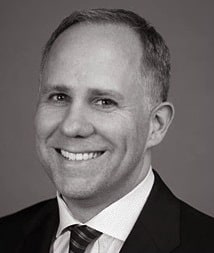legal resources necessary to hold negligent facilities accountable.
Nashville Nursing Home Abuse Lawyer
Nursing home abuse challenges the fundamental principles of care and respect owed to the elderly. From physical harm to emotional neglect, these acts erode the trust placed in caregiving institutions. Each Nashville nursing home abuse lawyer at Nursing Home Law Center, LLC is proficient at navigating these challenging cases, offering comprehensive legal solutions to restore dignity and justice for affected individuals and their families.
Our firm's relentless pursuit of accountability and compensation for victims reflects our deep commitment to safeguarding the rights of the elderly.
 Protecting the Rights of Nashville's Elderly in Nursing Homes
Protecting the Rights of Nashville's Elderly in Nursing HomesIn the heart of Tennessee, the welfare of Nashville's elderly residents in nursing homes and long-term care facilities is a matter of paramount concern. Our dedicated Nashville nursing facility abuse lawyers safeguard the rights of these vulnerable individuals.
When family members come to us distressed about potential elder abuse or nursing home neglect, we offer not just a free consultation but a promise to navigate the legalities with compassion and expertise. Our Nashville attorneys, well-versed in the complexities of such cases, are prepared to fight for the dignity and respect every nursing home resident in Nashville deserves.
Nursing Abuse Statistics in Nashville, TNIn December 2023, a Centers for Medicare and Medicaid Services (CMS) report revealed the state of nursing facilities in Nashville, Tennessee. Troublingly, the data showed that 46 out of the 76 facilities, constituting 30%, received ratings of "below average" or "much below average." This alarming statistic underscores the pressing need for vigilance in choosing a nursing home for a family member.
Facilities With Cited Abuse CasesAmong the facilities rated as below average or much below average, some have faced accusations of abuse, further raising concerns about the quality of care provided. Residents need to be aware of these incidents to ensure the safety and well-being of their loved ones.
Two such Nashville, TN, area caregiving centers that inspectors have cited for abuse include:
- NHC Healthcare Murfreesboro
- Viviant Healthcare of Murfreesboro
The prevalence of nursing home abuse and the necessity of legal intervention in Nashville cannot be overstated. The vulnerability of nursing residents—often seniors with declining physical health or cognitive impairments like dementia—makes them particularly susceptible to abuse and neglect.
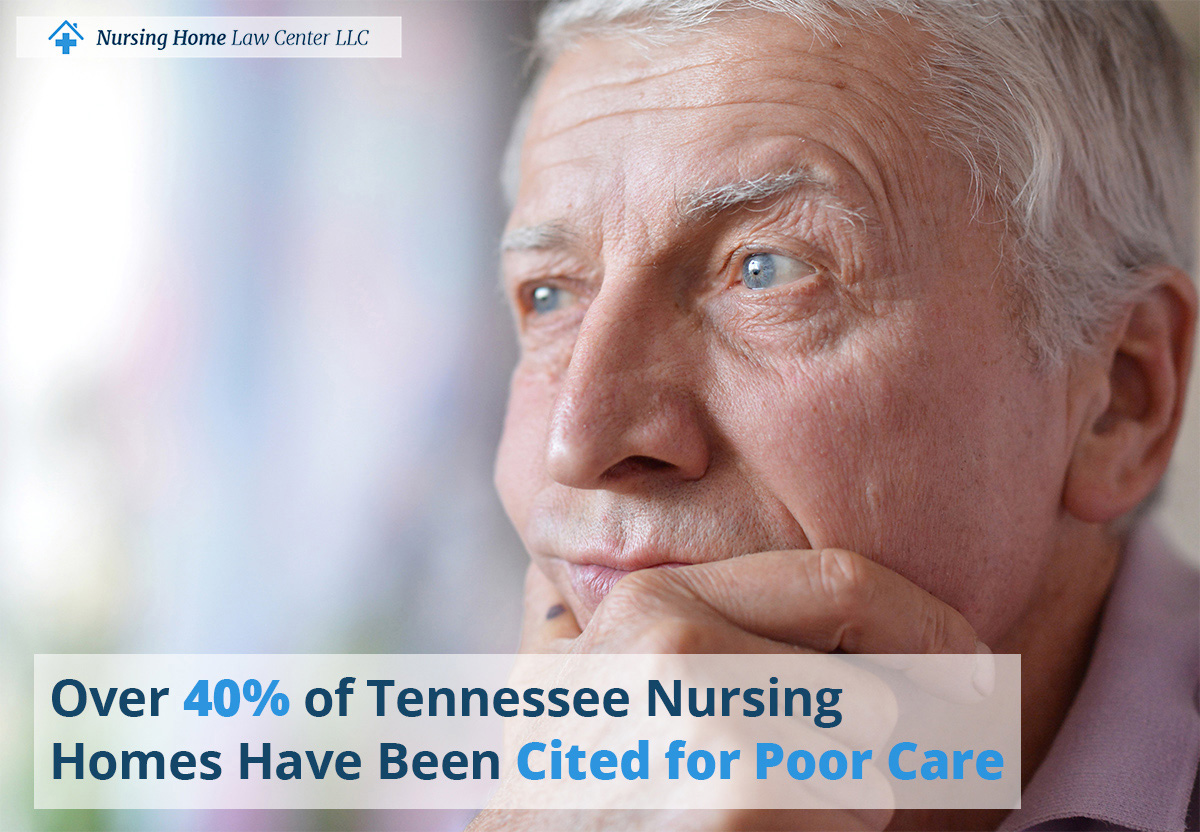 Understanding Types of Nursing Home Abuse
Understanding Types of Nursing Home AbuseNursing home abuse is a term that encompasses a wide range of wrongful actions, from physical and emotional trauma to financial exploitation. Abuse in nursing homes can take various forms, each devastating in its own right:
- Physical Abuse: This includes violence or rough treatment that results in harm or discomfort to the resident, such as unexplained injuries or broken bones.
- Sexual Abuse: Involves non-consensual sexual activity or exploitation, including unwanted advances, molestation, or rape.
- Emotional Abuse: Often overlooked, this form of abuse can leave deep psychological scars, manifesting as fear, anxiety, or depression in the resident.
- Financial Abuse of a resident's financial resources is a crime that strips them of their assets and dignity, often going unnoticed until the damage is extensive.
- Negligence: Failing to provide the necessary care, attention, or precautions, which can result in poor hygiene, malnutrition, untreated medical conditions, or other forms of harm to the resident.
Neglect is a pervasive issue that can lead to serious health complications for nursing home residents. From failing to provide regular meals or medication, medication errors, or ignoring the basic needs for personal hygiene, neglect can have the following results:
- Bed sores
- Poor hygiene
- The overall deterioration of health
Medical malpractice in nursing centers, whether due to inadequate staffing, improper training, or negligent care, can lead to serious injury or wrongful death. Our legal team recognizes these signs and works diligently to hold facilities responsible for failing to provide adequate care.
The insidious nature of neglect is that it often goes unnoticed until significant harm has occurred. When a family member suspects abuse or neglect, it is an incredibly distressing situation. The decision to place a loved one in a Nashville, TN, area long-term care facility is made with trust and hope for compassionate care.
Our legal team offers a free case evaluation to help families understand their legal rights and the steps that can be taken. We aim to provide compensation for medical bills and punitive damages to hold negligent caregiving centers and staff members accountable.
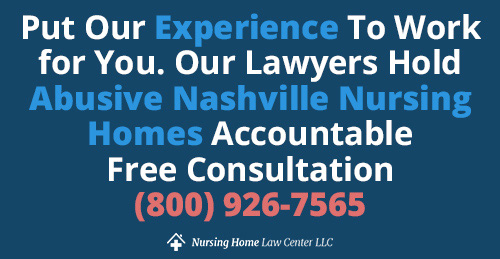 Legal Framework Surrounding Nursing Facility Abuse
Legal Framework Surrounding Nursing Facility AbuseThe framework of laws surrounding nursing home abuse is complex, encompassing both state and federal regulations. In Memphis, nursing homes are governed by stringent standards meant to ensure the safety and well-being of residents.
Residents' Rights and Nursing Home RegulationsNursing home residents have rights that must be respected and upheld. Our Nashville nursing home lawyers are staunch advocates for these rights.
Our law firm ensures that nursing home staff and caregiving centers adhere to the regulations set forth by state law and the Department of Human Services. We must seek reparations when these rights are violated, resulting in unsanitary living conditions or worse.
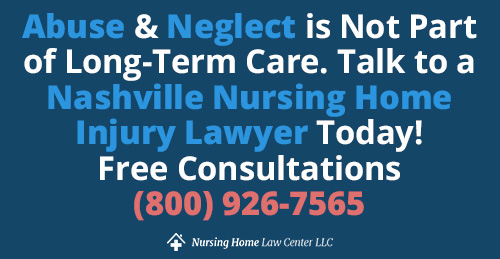 Reporting Nursing Home Negligence and Abuse
Reporting Nursing Home Negligence and AbuseReporting nursing home abuse is a critical step in stopping the cycle and preventing further harm. Our team guides families through reporting to the appropriate authorities, ensuring that all instances of mistreatment are officially recorded. We help gather and preserve evidence vital in personal injury claims.
Our nursing home abuse understands the profound impact that abusive behavior has on the mental abuse and physical health of the elderly. By providing compassionate legal advice, we work to ensure that victims receive the compensatory damages they are entitled to and that the homes responsible for their suffering are held to account.
How and Where to Report Caregiver Abusive BehaviorUnderstanding the process and agencies for reporting caregiver abuse is essential to ensure a swift and effective response. Reports can be submitted to the following authorities:
- Local authorities: If you encounter elder abuse or neglect within nursing homes, contact your local law enforcement agency or police department. They are equipped to initiate investigations and respond to emergencies promptly.
- Tennessee Department of Health: The state's Department of Health is critical in overseeing and regulating healthcare homes, including nursing homes. To report mistreatment or express concerns about the quality of care, you can contact this department and ensure that necessary actions are taken.
- The State's Long-Term Care Ombudsman Program: Committed to advocating for the rights and well-being of residents in long-term care facilities, including nursing homes, the Ombudsman program is a dedicated resource for addressing complaints. They also play a pivotal role in ensuring that thorough investigations are conducted when necessary.
- Tennessee Department of Human Services: The Department can offer invaluable support and resources in situations involving vulnerable adults and potential nursing home negligence or abusive behavior. They actively work to protect those in need and can provide assistance in such cases.
Achieving justice in abuse and neglect cases goes beyond legal victories. It's about ensuring that victims and their families find peace and closure. Our Nashville nursing home abuse lawyers are skilled in negotiating with insurance companies and opposing counsel to secure compensatory damages for medical bills, emotional distress, and other losses. Where applicable, we pursue punitive damages to serve as a deterrent against future misconduct by nursing home staff members and administration.
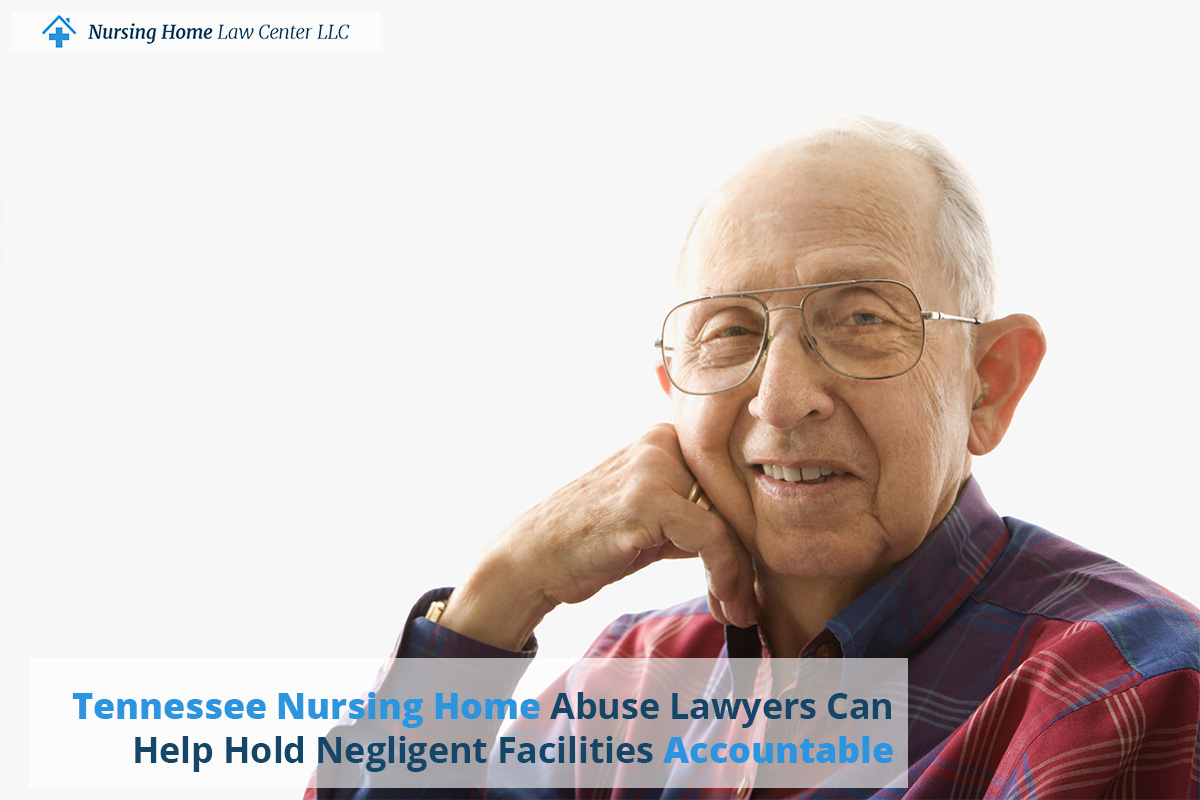 How Our Law Firm Can Help
How Our Law Firm Can HelpOur firm's experience in personal injury cases is extensive. We understand the deep trauma that victims and their families endure, not just the physical injuries but the lasting psychological impact. Our attorneys' approach involves a rigorous legal strategy and the provision of emotional support and understanding throughout the legal process.
Our Nashville attorneys are well-versed in the legal options available to address abuse and neglect. At the heart of our legal representation is a commitment to seeking justice for the vulnerable who have suffered abuse under the care of those entrusted to protect them.
 Contact Our Nashville Personal Injury Litigation Lawyers
Contact Our Nashville Personal Injury Litigation LawyersIf you or a loved one has experienced nursing home abuse or neglect, contact our firm. Our compassionate Nashville nursing facility abuse attorneys are ready to provide the support and legal expertise you need during this difficult time.
Our Nashville nursing home abuse firm offers a free consultation to help you understand your legal options and the next steps in the legal process. Contact our Tennessee nursing facility abuse lawyers at (800)926-7565 to speak with an experienced attorney and learn how we can assist you in this challenging time. Our attorneys are committed to seeking justice for those who have been wronged.
 Davidson County Nursing Home Injury Lawyer Nursing Home Law Center LLC Home
Davidson County Nursing Home Injury Lawyer Nursing Home Law Center LLC Home
